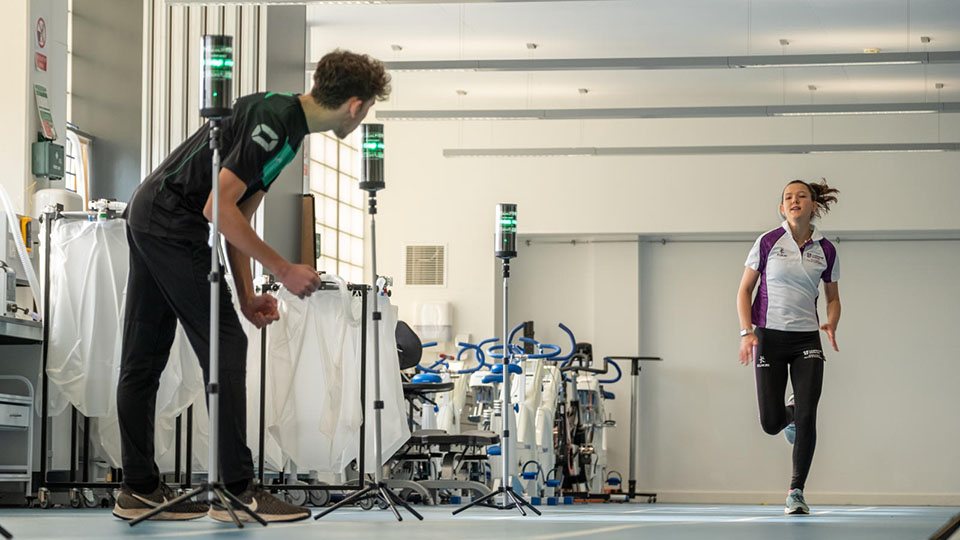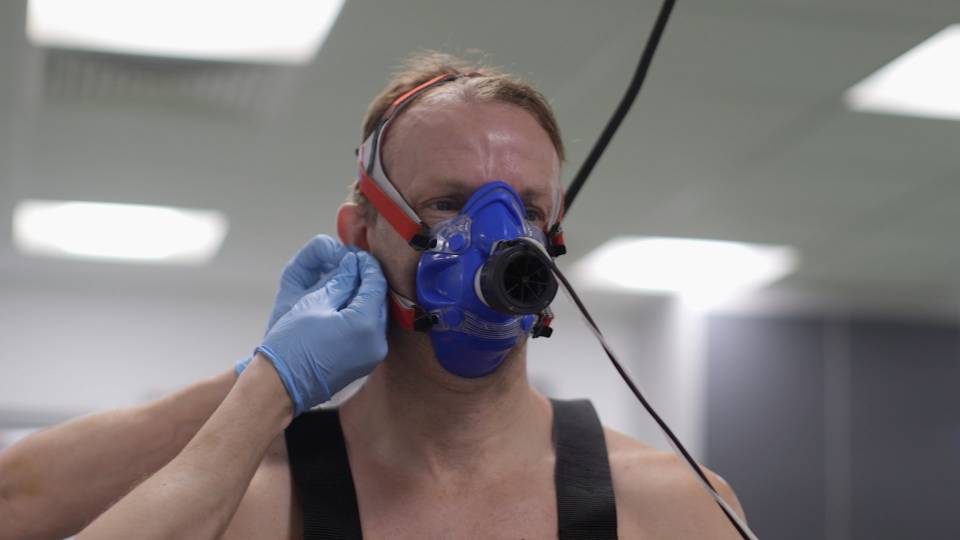Women's sport has the power to bring visibility to gender inequities but may not be as effective as it might appear.
Increasingly, sport is being used to influence social and community issues worldwide. Growing audiences and recognition of women’s sport is being heralded as a positive and effective vehicle for achieving greater gender equality in society, in particular here in the UK.
High profile examples, such as the impact of the Lionesses triumph in the Women’s EURO 2022 on government policy or the sustained interest in Sport England’s ThisGirlCan campaign demonstrate that at both the elite and grassroots level there is an amplified level of attention on women and girls.
The challenge is now to understand how effective this activity and attention can be for achieving greater gender equality in, and beyond, sport.
Women’s sport can bring visibility to discrimination and promote progressive viewpoints, empower women and girls, and advocate for social and political change around gender equity.
Dr Verity Postlethwaite
As an early career researcher, Dr Postlethwaite is inspired by the growth and development of women’s experiences in contributing to international sport events hosted in the UK and beyond.
Her memory of the 2002 Commonwealth Games in Manchester and Heather Small’s song ‘Proud’ ringing around the region inspired me to understand the challenges and opportunities for women to influence the governance and management of sport and sporting events.
Over the last decade Dr Postlethwaite's research has looked at an array of gender considerations in global sport governance, policy and event management. From the most visible sport events, such as the Summer Olympic Games to the local Parkrun.
The ultimate goal of this research is to shape a more productive and equitable debate about the impact and value of women’s sport on society. This will involve continuing to build bridges between disciplinary, geographic and intersectional thinking on the role of sport and respect the nuance in people’s experiences and views.
Our impact
- The research being done at Loughborough University in this area provides deeper analysis of the tenuous and uneven ways women’s sport is having implications on wider gender debates.
- Our work across the areas of coaching, leadership, female athlete health, investment, and participation is drawing together a wide-reaching evidence base and brings a nuanced attention to the intersectional inequities that exist within and beyond sporting spaces.
Research in numbers
Over 2 billion tuned into the FIFA Women’s World Cup 2023, nearly double that of the previous tournament.
In the UK, only 21% of girls say they do lots of sport and exercise, compared to 39% of boys, twice the number of girls.
In a UK Sport commissioned survey of sport leaders, 60% of respondents felt international sports governance is 'not inclusive enough' or 'not inclusive at all.'
Funders and Partnerships
Spirit of 2012
Spirit of 2012, Learning Partnership award for an ambitious collaboration around inclusion and digital storytelling.
SOAS University of London’s Japan Research Centre and the Toshiba International Foundation
Sport Symposia Series to study the build-up to and impact of Japan’s hosting of sports mega events.


